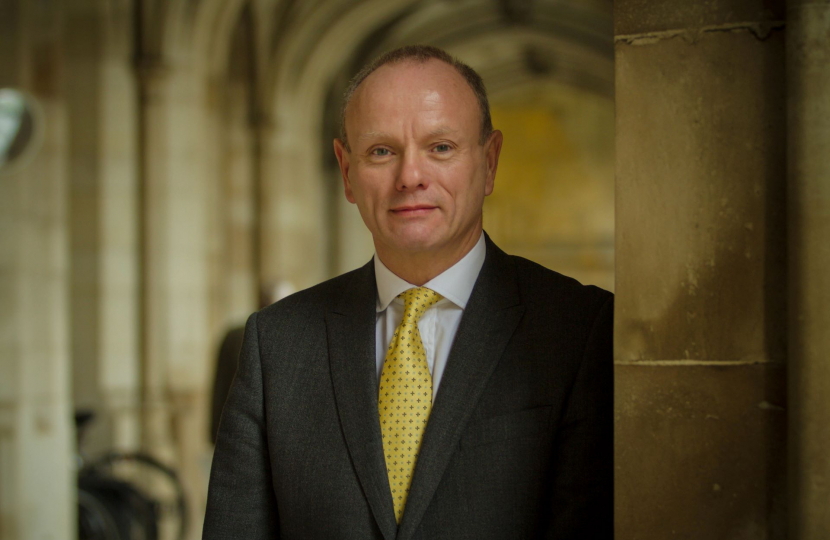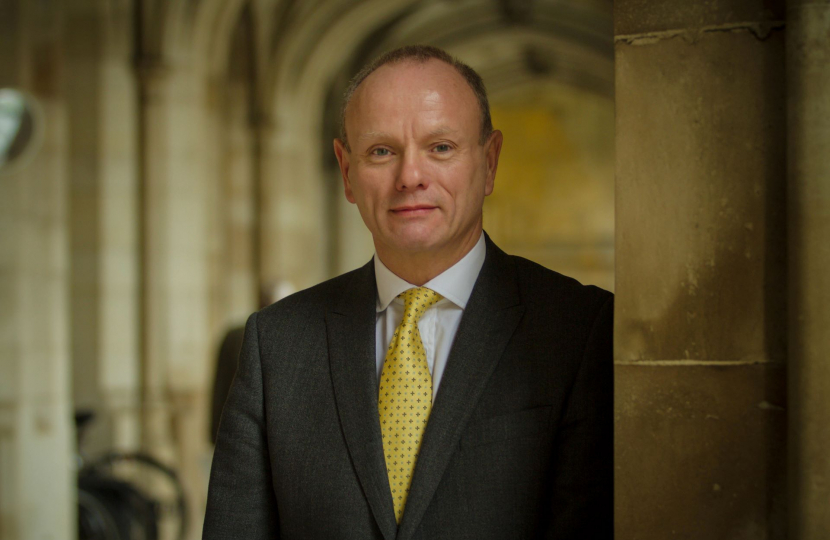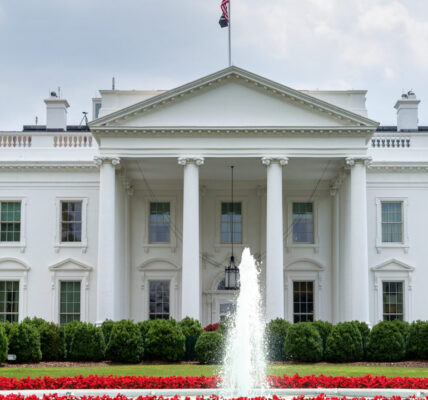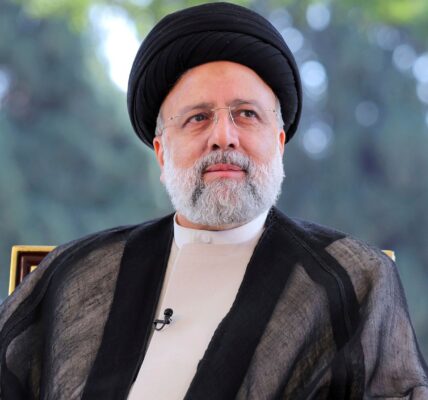Why I’m standing down as an MP and the importance of tackling hate and misinformation
Mike Freer – Conservative MP for Finchley and Golders Green
As readers may already be aware, last month I announced my decision not to stand again at the next General Election as the Conservative parliamentary candidate for Finchley & Golders Green.
Serving as the area’s Member of Parliament since 2010 has been the greatest privilege of my 34-year life in public service, and this was, without doubt, one of the toughest decisions I’ve ever had to make.

I’m proud of my achievements as an MP, from representing local interests and my involvement in meaningful legislation like the legalisation of same-sex marriage, to serving in the governments of every Prime Minister from David Cameron to Rishi Sunak as a PPS, whip, and minister.
It’s an enormous wrench to step down from the job I love, but I’m certain my constituents will understand (as they have already expressed in correspondence since my announcement) the reasons behind my decision.
Sadly, over the past 14 years, I’ve faced numerous serious threats to my safety. I was previously targeted by the Muslims Against Crusades group, and the individual who went on to murder Sir David Amess in 2021, Ali Harbi Ali, visited my office just a few weeks before the murder, armed and with the intent to harm.
These attacks have weighed heavily on me and my husband, Angelo, and come alongside countless “low-level” incidents such as vandalism, malicious correspondence, and online abuse. The arson attack at my office on Christmas Eve last year – the motive of which is still unclear – represented the final straw.
No MP can operate effectively without the support of their spouse and wider family, and serious incidents such as the above place intolerable stress on them as well as MPs themselves. No member of an MP’s family should have to worry if their loved one is going to come home every night.
For MPs, this is far more common than it should be or, indeed, than most are aware, despite the shocking, tragic murders of Jo Cox in 2016 and Sir David in 2021. Indeed, since my announcement, I’ve been contacted by colleagues from across the political spectrum who’ve shared with me their own experiences and fears of violence.
The threats we collectively face do not exist in a vacuum, and an increasingly aggressive political discourse caused, in part, by unregulated, unaccountable social media activity must be recognised as a significant contributing factor.
There is a vital need for social media companies to take a more active role in regulating content on their platforms, as malign actors can, and do, use their anonymity to deliberately spread misinformation and vitriol.
This will only get worse with the increasing use of AI and “bot farms” to disseminate divisive content, and the current processes for removing content, wherein it can stay up on platforms far beyond the point at which it was first raised as problematic, are wholly insufficient.
In conjunction with action to be taken by social media companies, on the user side there is also a pressing need for greater use of critical thinking to online content, of individuals thinking for themselves and not automatically accepting what they see on social media as unquestionable fact.
Personal responsibility to ensure the veracity of information used to underpin arguments must be exercised, with fact-checking, cross-checking, and a broader undertaking of research key for those looking to form their opinions on political issues. Failure to do so can have real-world consequences.
The above is undeniably relevant to the experiences of the British Jewish community since Hamas’ barbaric attacks against Israel last October, of which I have substantial knowledge and experience as the MP with the largest Jewish population of any constituency in the UK.
I’ve had the opportunity to view the footage of the attacks myself, in a controlled environment, and I truly would not wish for anyone else to have to see such horrifying images, demonstrating the very worst of humanity and the true evils of radicalisation. That anyone could cast aspersions over whether these attacks even happened speaks to the depth of the issue of misinformation, and the damage it can cause.
Nevertheless, antisemitism has, over the past months, reared its ugly head, with endless conspiracy theories permeating online platforms about the attacks, the events leading up to them, and their aftermath. This has translated to vitriolic, violent attacks against British Jews, as well as anti-Jewish hatred being expressed freely within pro-Palestine demonstrations in central London.
To be clear, I do not seek to ascribe all those taking part in these demonstrations as antisemitic; freedom of speech is a cornerstone of British democracy, and people are at liberty to express considered critiques. However, the prevalence of those hateful elements at marches and their ability to espouse their vile abuse unchallenged does speak to the increasingly permissive atmosphere for anti-Jewish sentiment in such settings.
What, then, can be done to tackle this pervasive issue?
First and foremost, those who commit antisemitic offences, in any form, must be met with the swift and unyielding application of the law.
Many in my constituency’s Jewish community have raised concerns that those involved in hateful behaviour within pro-Palestine marches appear to be allowed to act with impunity week-on-week, with no apparent punishment for their actions.
Whilst I understand that the police use video footage to make arrests after marches – and recognise legitimate concerns about officer safety if they were to wade into volatile crowds to apprehend offenders – it is vital that justice is shown to be carried out for all to see. Not only will this deter others from such behaviour, but it would also be transformative for confidence in the Jewish community that they can live and travel in London without fear of attack or intimidation.
Education is another vital tool in combatting antisemitism and, as discussed, involves teaching critical thinking so that individuals accessing information online can do so with the tools to differentiate between verifiable facts and false, misleading claims.
Historical awareness is important, particularly concerning events such as the Holocaust, and the Government has taken substantive action to ensure this awareness is widespread by providing £7 million over the next three years for organisations like the Holocaust Educational Trust to help tackle antisemitism. We must never forget the lessons of the Holocaust, nor the horrors it contained.
More undoubtedly needs to be done to protect the Jewish community moving forward, and readers can be assured that I will continue to be vocal advocate for action in my final months as an MP.
This all feeds into a broader argument, which I subscribe to, that we must improve the quality and tone of our discourse for the sake of our democracy. Failure to do so will consign important faculties of our current system – access to our political representatives, freedom of speech, the ability to exchange views peaceably, inter-community cohesion – to history.
















































































































































































